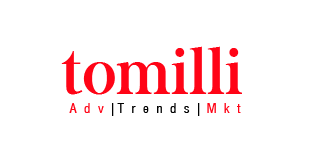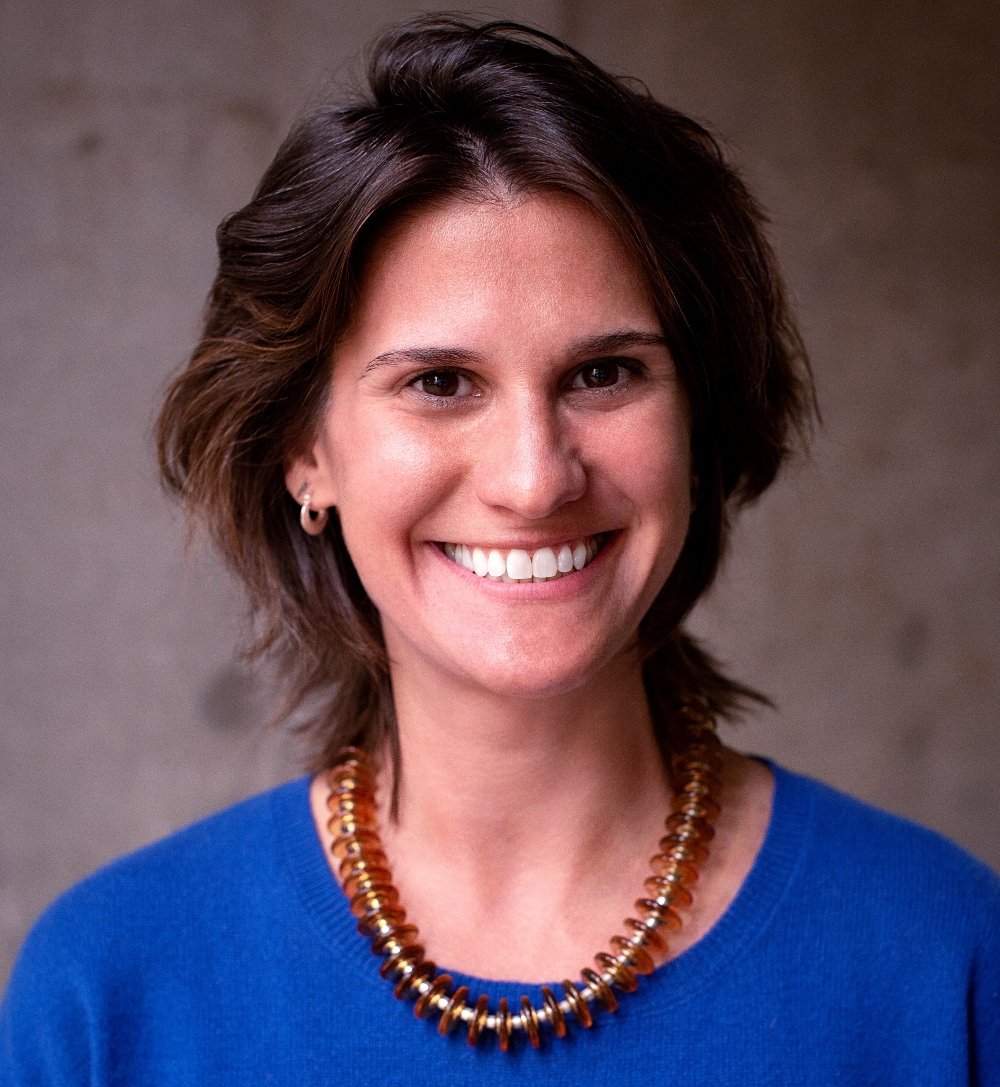Stella Pirani, CSO of Wunderman Thompson Brazil
You were named the agency of the year at the 2023 Saniss Awards, the new global festival for health and wellness communications. How did you achieve this?
We are extremely pleased with this prestigious appointment, which holds great significance both for Brazil as a nation and for us, the advertisers here at Wunderman Thompson Brazil. This significantly confirms that we should never stop to pursue a more creative path when it comes to health and science.
At WT Brazil, our genuine commitment to fostering real connections between brands and people is evident. That’s why we are constantly seeking insights that can transform both brands and people’s lives.
Our dedication in the field of health and science has been further strengthened in the post-pandemic era, when it became clear that, more than ever, health should not be isolated or considered a special need; instead, it should be naturalized and massively integrated into everyone’s lives, being a fundamental right.
An example of this was when we introduced a mouthwash as a form of entertainment in people’s lives, with the goal of attracting awareness and consideration. This transformed Kenvue into a cultural symbol of relevance, and our determination to move forward in this direction is unwavering. We will never step back. (Case: Listerine vs The Breathcalypse)
Has your case “Violet Month,” which won multiple awards at the Saniss Awards, achieved its objectives?
The success of the initiative was the result of a campaign conceived in collaboration with the transgender community. In this way, Avon managed to shed light on a topic that needs to be publicly discussed but has long been neglected by society.
We established a new date on the public health calendar in Brazil, provided free consultations for the entire community, and engaged relevant influencers for the LGBTQIAP+ audience, ensuring the message reaches more people. These considerations throughout the project ensured visibility and receptivity of the campaign on social media and within society. The message, addressing a topic that needs to be publicly discussed, was received with predominantly positive feelings by the community, consequently generating more interest and consideration for what Avon has to say and do for people’s self-esteem. Avon achieved significant gains in the “identification,” “inclusive brand,” and “brand I’m proud to use” indexes and inspired a Law Project.
How do you go about producing campaigns about the LGBTQ community for conservative regions or countries where this is still a very taboo issue?
There is exactly where a brand should act with creative bravery, to transform and to stand for taboos. A taboo is only broken and effective when attacked at the bottom of the iceberg.
Noises and frictions will always exist, which is a signal that we are in the right place, but when a brand is solid in its positioning and prepared to react with your persona and tone of voice, everything makes sense and has a reason to be there.
For instance, Avon believes a world is more beautifully when every woman and every community is empowered - a more than for over 130 years.
Are there still many taboo topics in creative health communications?
Ageism. Female self-esteem. Menstrual poverty. Aesthetic stereotypes of what it means to be healthy. And so many others.
Taboos must function as a brand platform to be consistent and persistent in the lives of both people and brands. We are constantly applying our science and studying to identify the taboos our brands should embrace for themselves.
There is a case of fighting against menstrual poverty that we launched as “Dignity to Flow.”
The starting point was that in Brazil, 11 million menstruating individuals do not have access to sanitary pads. This is a right guaranteed by UNICEF but vetoed by the former government of our country. Always and Carefree needed an impactful message to shake up social structures, reaching as many menstruating individuals as possible so they could advocate for this right. And it was through music that we made changes. With a rapper who has experienced menstrual poverty, we released a rap addressing this issue and bringing it to the forefront of society. After 5 months, this right was reconsidered by the government.
Brazil has the most solid health and wellness creative communications industry in South America, and Wunderman Thompson continues to demonstrate leadership in this region. Does the agency plan to expand further in Latam?
Any insight that is transversal or universal is an opportunity and a call for brand initiatives to gain impact and scale across the globe. It drives consistency and brand power.
How related is AI and health communications? And how has Wunderman Brazil taken advantage of this technology?
AI brings with it significant potential: it can integrate science into people’s daily lives. Operating as a service, it makes prevention a part of the daily routine, a much more accessible topic in all communities. This approach facilitates, broadens, and democratizes personal knowledge vital to all – self-care and self-awareness that are essential.
Within WT Brazil, we take pride in sharing a case in which we subverted the logic of Instagram filters for Kenveu. We developed a special filter that guides breast self-care, contributing to the diagnosis of the most common cancer in women worldwide. This filter wasn’t created to be simply posted, but rather to be effectively used and bring a real service.





